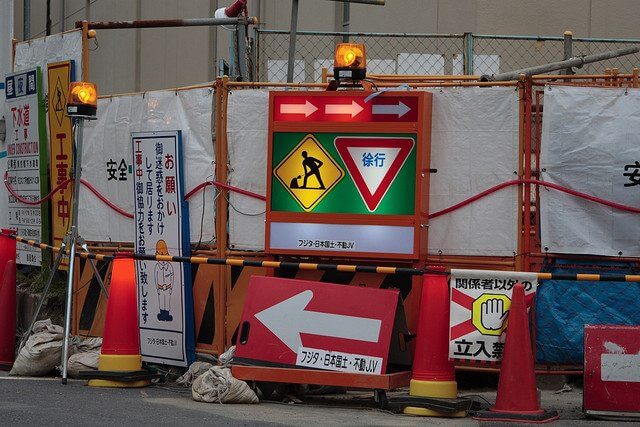By Bob Drainville, President, Timesheet Mobile
One of the biggest issues that continue to plague the construction industry is productivity – or rather, the lack of it. A World Economic Forum study found that the sector’s productivity advancements have been “meager” compared to other industries over the last five decades, while a report from McKinsey & Company noted that productivity has been flat for decades (in contrast, productivity in manufacturing has nearly doubled over the same period).
Both studies highlighted that the construction industry has been notoriously slow in adopting the latest digital tools. But when many construction workers spend their days traveling between the shop to the job site, it’s clear that mobile applications can deliver tangible benefits to every business. As your business plans for the year ahead, here are five advantages of using mobile apps.
1. It reduces human error
Construction managers have a lot to keep track of: hours worked across teams, equipment, projects, quotes, bylaws, and so on. In the past, all of this information was on paper. This fact was leading to a higher chance of human error – and an even greater amount of headaches. Manual systems can easily lead to mistakes due to difficult-to-read handwriting, inconsistent data or other simple mistakes.
Manual systems have been overcome in many industries, starting from the rigid bank industry, all the way to the advanced IT – where various systems are being developed to mitigate human error at every step. There is even a term used to track development constantly – error monitoring – that could be transferred to the construction industry, where errors can be very expensive.
Today, mobile apps have advanced so that we can enter, approve and/or access information in real time. And you don’t always need to have a network connection. In many cases, you can update the information and it will sync automatically once you have connectivity, providing an accurate audit trail.
2. It drives greater collaboration
In the past, paper-based systems (timesheets, projects or other documents) needed to be completed back in the office. This fact was creating inefficiencies and misalignment between project stakeholders. Fortunately, cloud-based applications are able to streamline information between teams in the office and out on a job site.
For example, GenieBelt’s mobile app delivers real-time project management, giving everyone complete visibility into all projects. It can also proactively alert your team of any issues, and ensure effective collaboration across any mobile device. When everyone has access to the same information at the same time, this reduces delays and ensures that important issues comes on the surface immediately.
3. It minimizes costs
Reducing paper trails means that you can save hours spent on chasing information, searching for missing paperwork or duplicating information. Many mobile apps today integrate with other systems to minimize time-intensive administrative tasks.
For example, Timesheet Mobile offers a time tracking and scheduling mobile app that utilizes a smartphone’s GPS functionality, which prompts a worker to punch in and out of a shift. Employee timesheets seamlessly integrate with your existing payroll systems (such as QuickBooks Online and FreshBooks) to process worker’s pay in an instant – freeing up time to work on other critical projects while ultimately saving time and money on payroll.

4. It delivers deeper insights and accountability
You can stop spending hours doing data entry and instead using that time to look more comprehensively at the insights that mobile apps provide. This can show deeper insights to help you better grow and support your business.
Perhaps in reviewing your project management system, for example, you realize that many of your projects are running behind. Using these insights, you can immediately assign additional contractors to work on the project and monitor their progress. Or you may receive an email alert from your time tracking system as your workers are constantly working overtime. From here you can review the hours worked and assess whether you need to renegotiate the scope of a project.
5. It scales as your business grows
Most people today own a mobile device, making mobile app adoption simple. All your team needs to do is download the app to be up and running in minutes. The benefit of using apps is that unlike traditional, on premise systems, pricing is typically based on flexible, monthly subscription-based plans. Most solutions offer an initial free trial period (including GenieBelt and Timesheet Mobile solutions). In that way, you can “try before you buy”. And as your business grows, you can then adjust your monthly payment, depending on the number of users or customization required.
Whether it’s in time tracking and scheduling, project management, collaboration, safety inspection, punch lists or otherwise, there’s a mobile app to support virtually every construction business requirement. It’s true that the construction industry has lagged traditionally in adopting digital tools. However, identifying and implementing apps can serve as the backbone for greater productivity and growth.
Bob Drainville is the president and founder of Timesheet Mobile, a GPS-enabled time tracking and scheduling company that helps businesses manage their mobile workforce. Timesheet Mobile’s solutions are used by thousands of people worldwide, in industries as diverse as construction, transportation, healthcare and many others.




